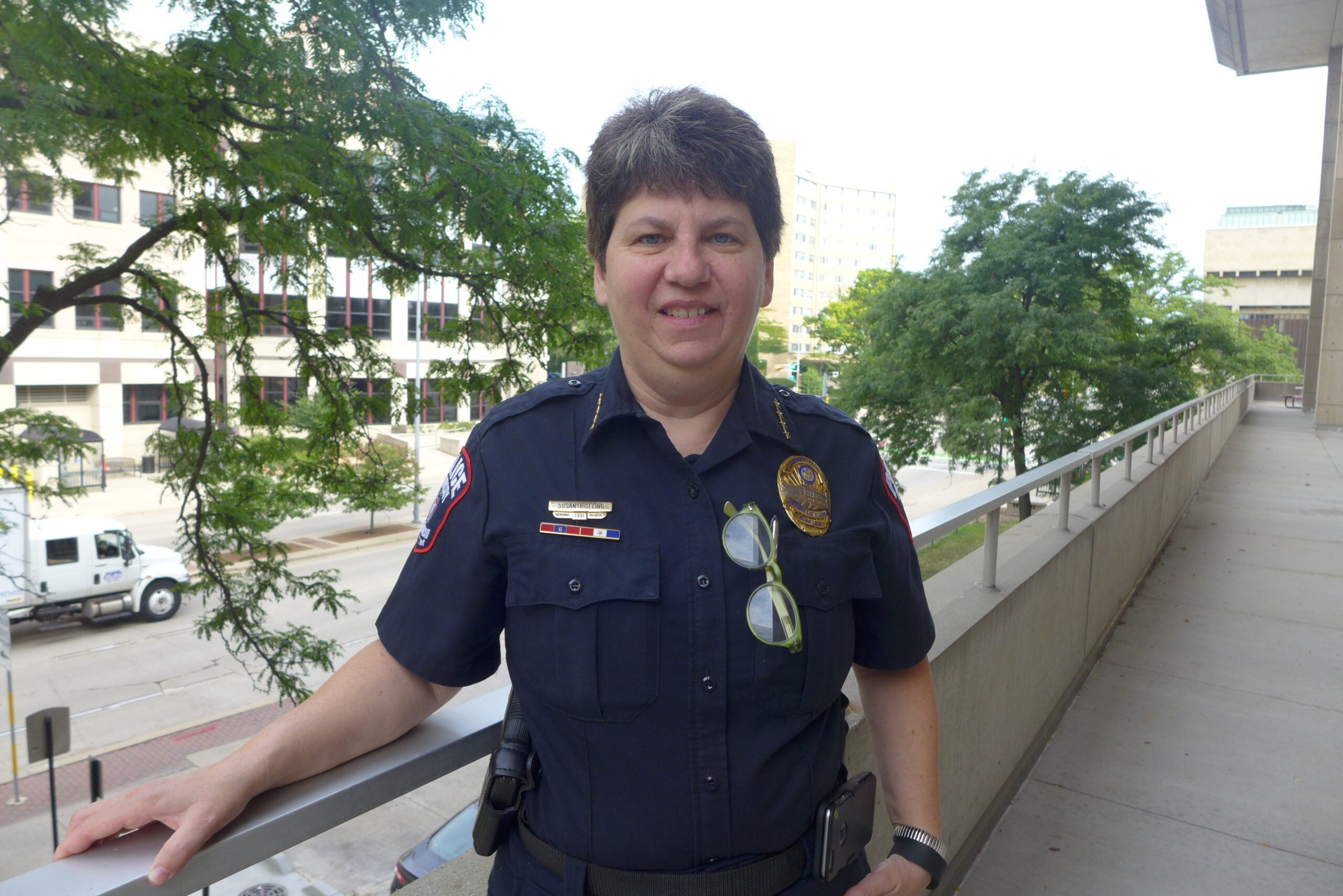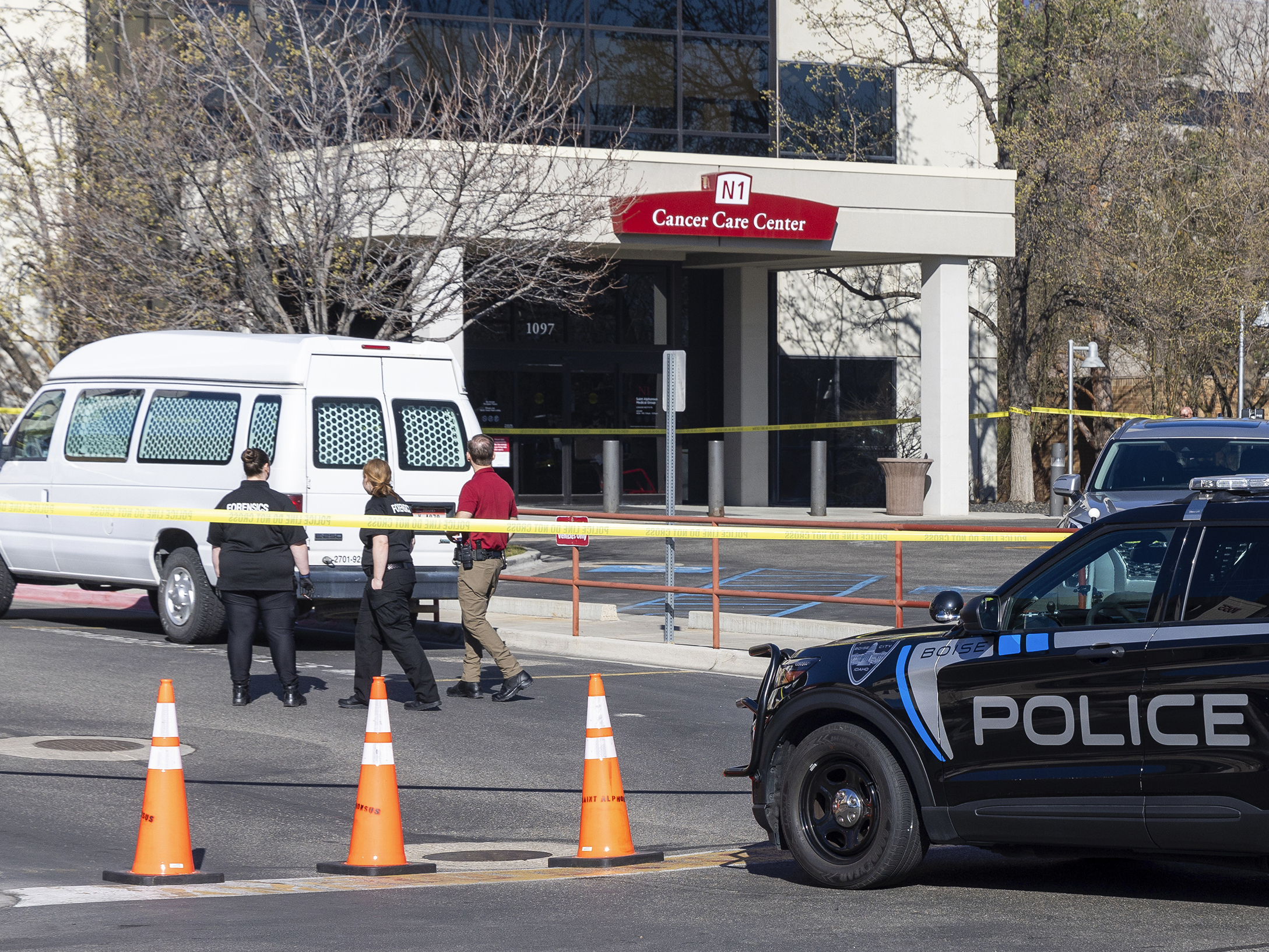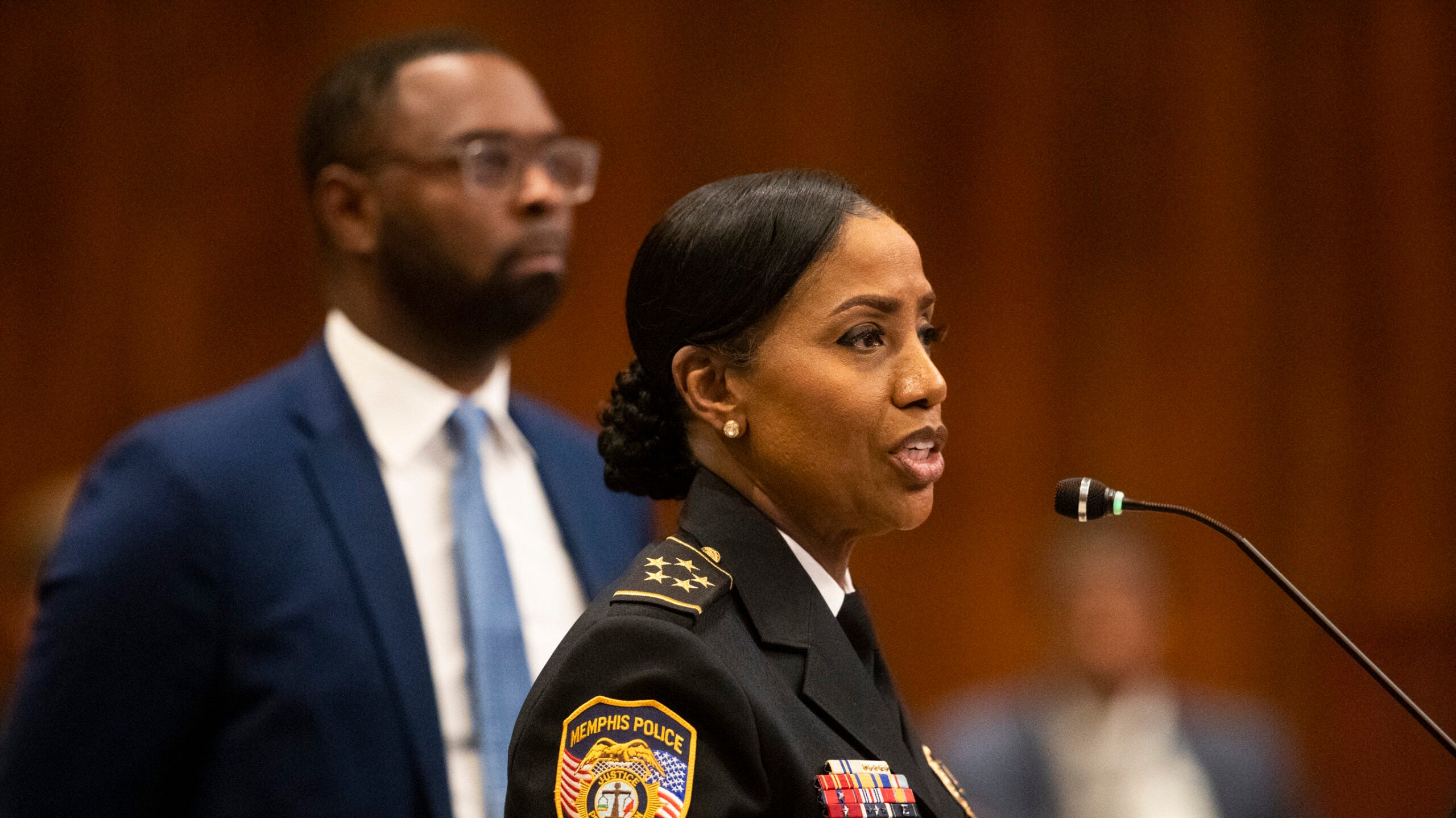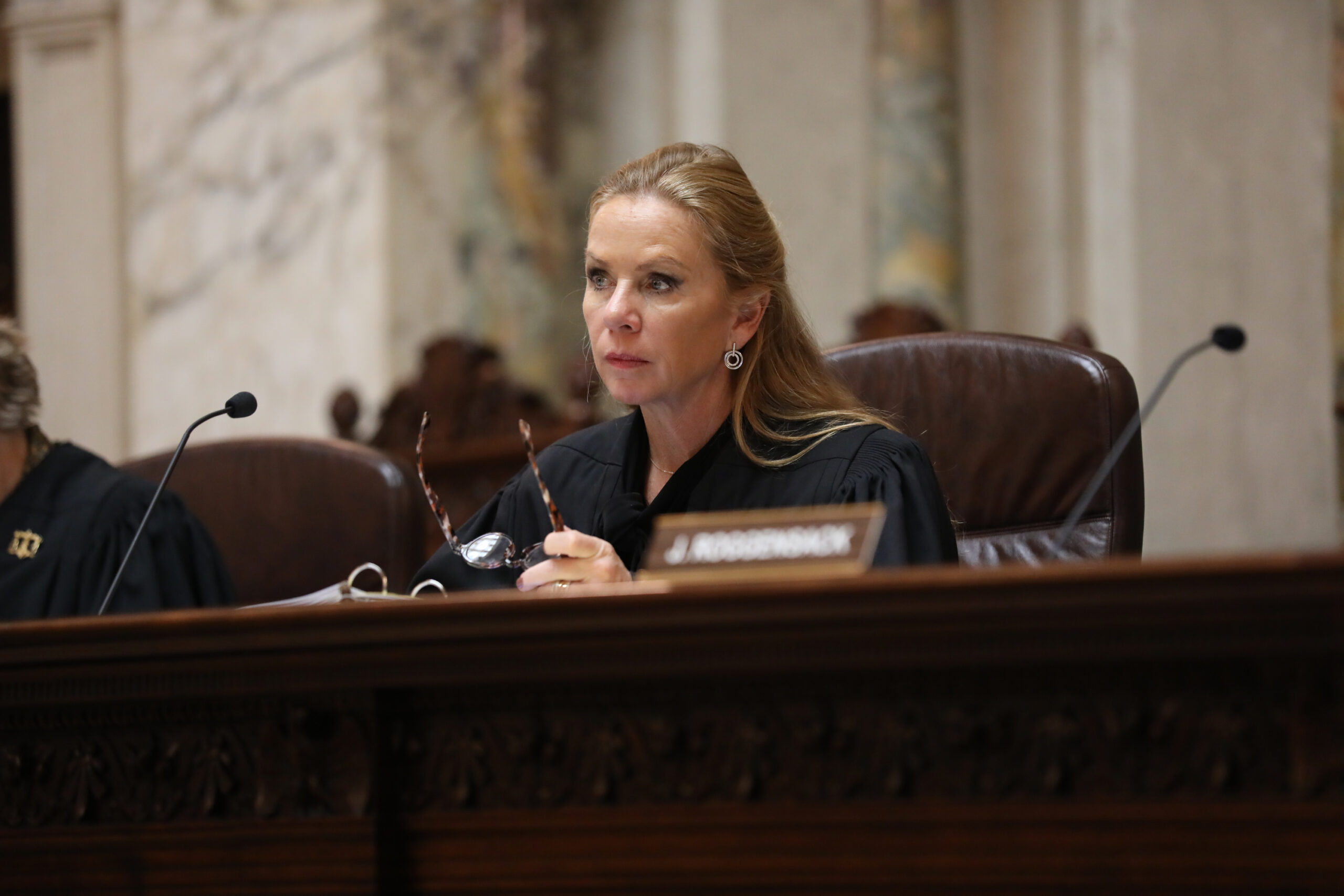University of Wisconsin-Madison Police Chief Sue Riseling retired Sunday after 25 years running the department. She broke glass ceilings in her field: becoming the first woman to lead a Big Ten university police force, and the youngest one to assume the post.
In a look back, Riseling said the biggest change to policing during her tenure is how far technology has come. When she became chief in 1991, her department had eight Wang computers. A 911 cell phone call was rare.
Mass shootings — Columbine High School and Virginia Tech — resulted in enhanced security on campus, emergency notification systems, threat assessment and active shooter training for the police force. These massacres also ratcheted up the defensive weaponry officers have at their disposal, like helmets and assault rifles, she said.
Stay informed on the latest news
Sign up for WPR’s email newsletter.
“People talk about the militarization of police, but the police are just reacting to what’s being used against them and against the public,” Riseling said.
Riseling came to UW-Madison after working for campus police departments in New York and Maryland. It was her childhood dream to become a “policeman,” as she declared in 1968. Her mother told her that wasn’t possible for girls.
Riseling credits female police officers for pushing forth better responses to sexual assault, domestic abuse, child endangerment and enticement. It’s not to say male police officers aren’t equipped with these skills, Riseling said, but women are factually proven to use less physical force than their male counterparts.
“Women in policing have shown a different way of going about resolving conflict than just escalation and use of physical force to make sure the rule of law is upheld,” Riseling said, adding a big accomplishment was to see UW-Madison crime rates fall to 40-year lows.
She dedicated her 2011 book, “A View from the Interior: Policing the Protests at the Wisconsin State Capitol,” to law enforcement who “often find themselves stuck between a rock and a hard place.”
She said she feels societal woes like mental illness, deteriorating schools and a struggling middle class are putting pressure on police departments across the country to miraculously solve these ills.
“Somehow the police are supposed to be able to quell anything that is a result of these very large and systemic problems,” Riseling said. “There’s no easy answer and yet the police are sent out every night to try to be that space between chaos and calm.”
Riseling will stay in the thick of campus law enforcement in retirement. She will become executive director of the International Association of Campus Law Enforcement Administrators based in Connecticut. She plans to do the job from her home in Madison.
Assistant Chief Brian Bridges will take over as interim chief. He’s been with the department since the late 1970s.
More than 200,000 degrees were bestowed at UW-Madison during her tenure. Riseling said she’s proud of that number because her officers “ensured an environment where students were safe and secure and able to graduate,” and she added, “which is the whole point of why they came to the university in the first place.”
Wisconsin Public Radio, © Copyright 2024, Board of Regents of the University of Wisconsin System and Wisconsin Educational Communications Board.






